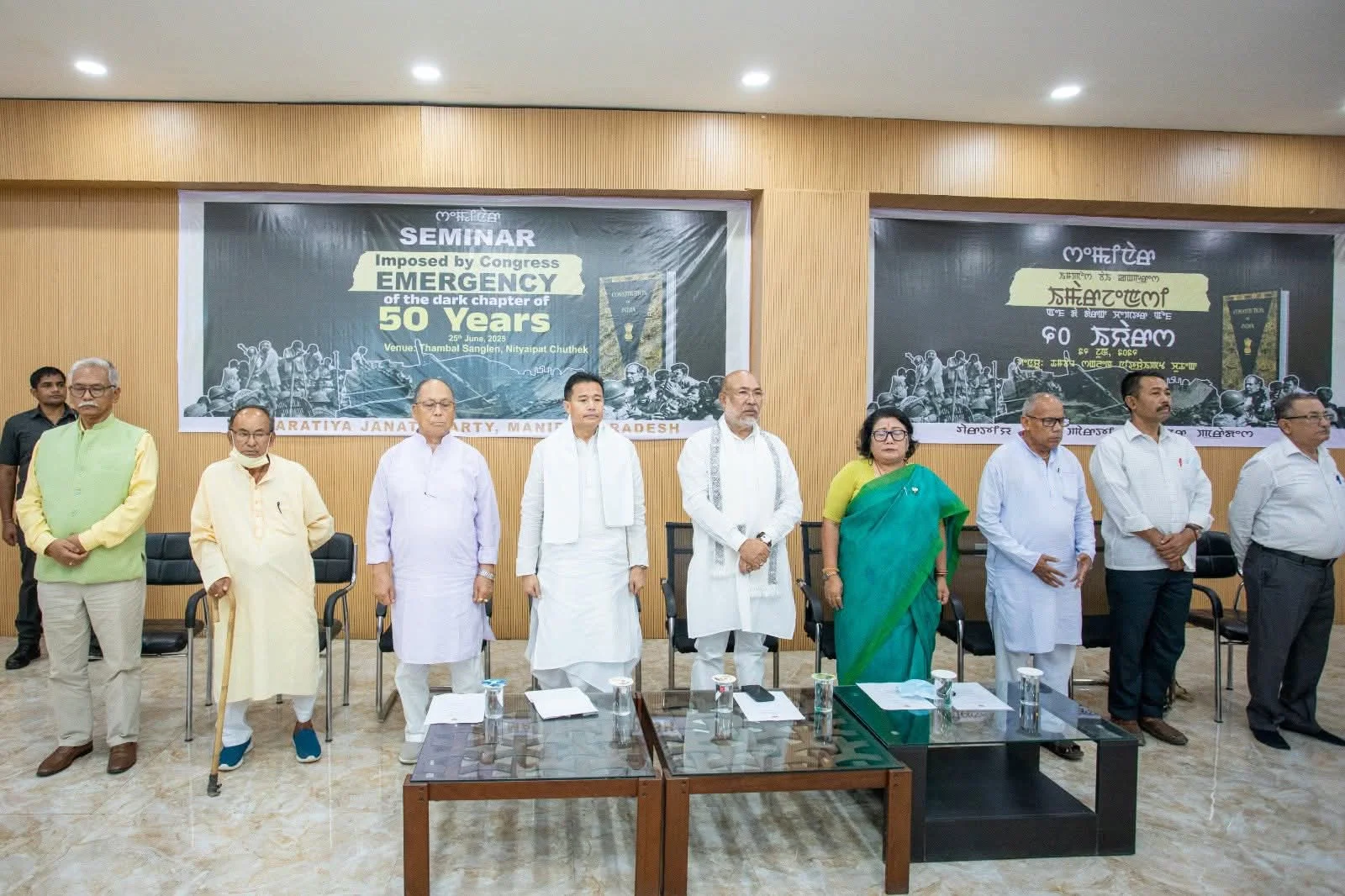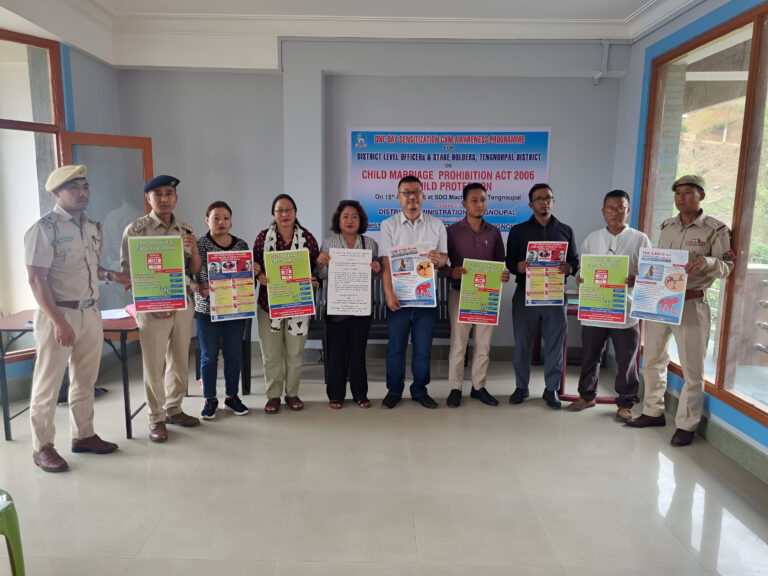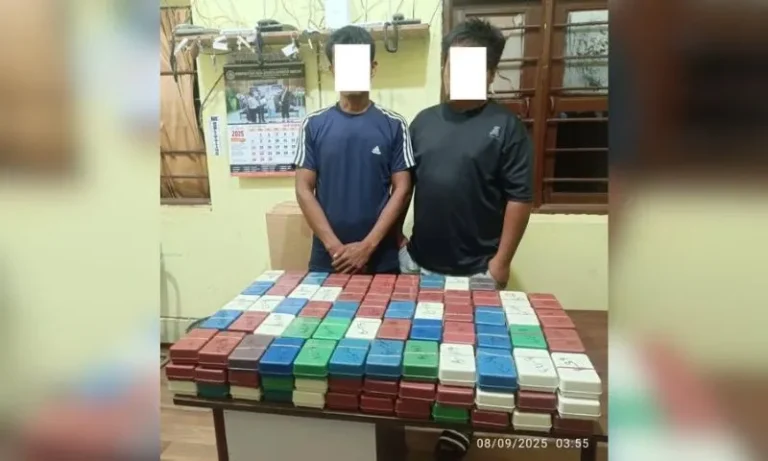Manipur Observes Samvidhan Hatya Diwas: Reflecting on 50 Years Since the Emergency
Summary of the News Article
On June 25, 2025, Manipur joined the rest of India in observing Samvidhan Hatya Diwas (Constitution Murder Day)—a solemn occasion marking 50 years since the Emergency was declared by then Prime Minister Indira Gandhi in 1975. Events across the state, especially at BJP’s Manipur unit headquarters, reflected on the dangers of authoritarianism and the importance of protecting democratic institutions. With speeches, tributes, and community participation, the message was clear: Never again should the Constitution be put under lockdown.
Introduction: Why Are We Still Talking About 1975 in 2025?
Ever heard someone say, “History repeats itself if we don’t learn from it”? That’s pretty much why Samvidhan Hatya Diwas matters even today. It’s not just about digging up the past. It’s about making sure we never bury democracy again under the weight of authoritarian control. So, let’s take a ride through what the Emergency meant, how Manipur is engaging with this dark anniversary, and why it’s still relevant to our lives.
What Was the Emergency All About?
Let’s rewind the clocks to June 25, 1975.
India was tense. There were protests in the streets, political rivals were growing stronger, and the courts were starting to question Indira Gandhi’s hold on power.
And then boom—Emergency declared.
What did that mean?
- Newspapers were censored.
- Political leaders were jailed overnight.
- Civil liberties were suspended.
- The Constitution was rewritten (yes, really).
In short, democracy went on a forced vacation. For 21 long months, India was under direct control, and the public voice was silenced.
Manipur’s Unique Participation in 2025
Fast forward to 2025—Manipur stood tall and vocal. The BJP’s state unit held commemorative events that weren’t just symbolic—they were deeply educational and reflective.
At Imphal’s Thambal Shanglen, party workers, youth leaders, and public intellectuals gathered to:
- Honor those jailed during the Emergency.
- Warn against the modern threats to democracy.
- Educate the public about why constitutional safeguards matter now more than ever.
Their message? Even a distant state like Manipur has a voice that matters in the national memory.
Why “Samvidhan Hatya Diwas” and Not Just “Emergency Anniversary”?
Good question.
The choice of words—Samvidhan Hatya—is not accidental. It literally means “Murder of the Constitution.” That’s pretty strong, right?
Because to many, that’s exactly what happened in 1975:
- Rule of law? Sidelined.
- Parliamentary debate? Muzzled.
- Public rights? Deleted overnight.
So instead of a bland term like “anniversary,” calling it “Murder Day” forces people to confront the gravity of that time.
Final Thoughts: Why Memory is a Tool for Democracy
Samvidhan Hatya Diwas isn’t about pointing fingers. It’s about pointing the way forward.
It reminds us that democracy isn’t set in stone. It’s like a garden—it needs constant care, protection, and yes, the occasional protest.
Let’s keep asking:
Are we free today the way we were meant to be?
FAQs
1. What exactly happened during the Emergency in 1975?
The government suspended elections, censored the press, and jailed thousands of opposition leaders, citing “internal disturbance.”
2. Why is it called ‘Samvidhan Hatya Diwas’?
Because the Constitution’s core values—freedom, rights, justice—were suppressed, almost as if they were “murdered.”
3. Did Manipur play any role during the Emergency?
While Manipur wasn’t at the center of events, the principles affected everyone—including states under special constitutional provisions.
4. Is this observance just political propaganda?
It can be used that way, but it’s also a genuine chance for civic education—if the public takes charge of it.
5. How can young people get involved?
By learning their rights, questioning authority, using social media responsibly, and staying informed about how democracy really works.





